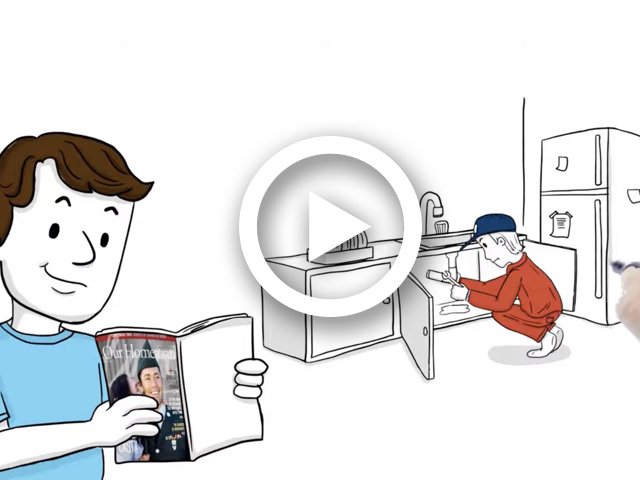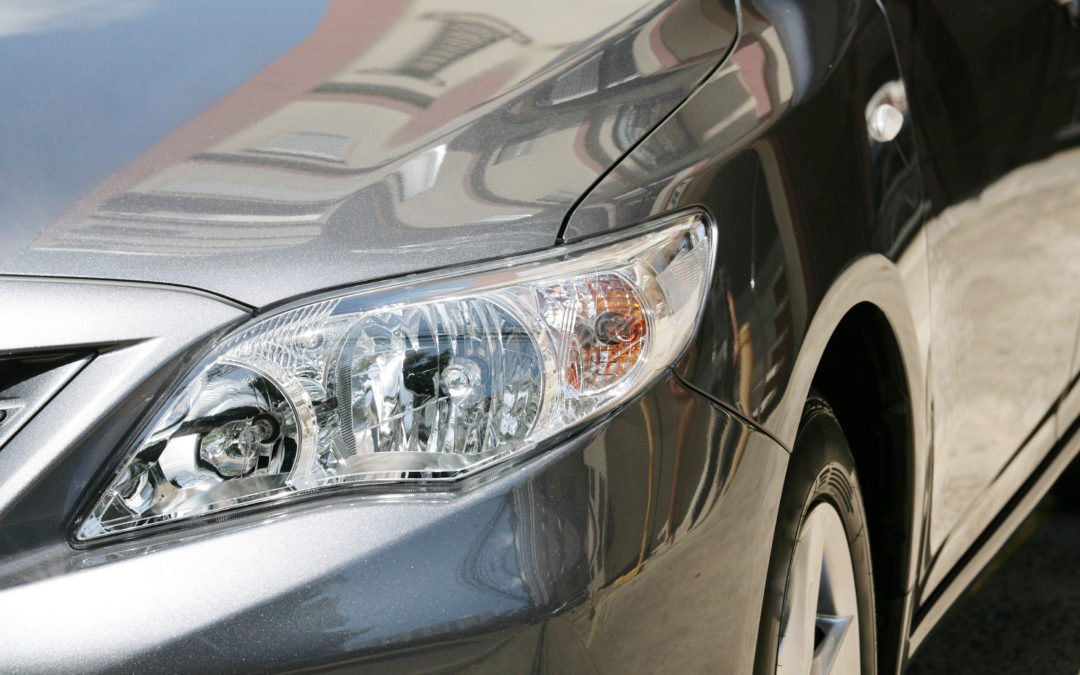Winter increases your risk for many types of accidents, but did you know that snow and cold weather can also put your family at greater risk for carbon monoxide (CO) poisoning? CO is an odorless, invisible, and dangerous gas that can build up in your home without your knowing it.
Common causes include the incomplete combustion of fuels (including natural gas, wood, coal, kerosene, and propane) in portable generators, gas furnaces, water heaters, chimneys, or a car running in your garage—even when the garage door is open! Combined with poor ventilation, carbon monoxide can lead to tragic results.
To complicate matters, the symptoms of low-to-moderate levels of CO poisoning—headache, nausea, weakness, shortness of breath, dizziness, and/or chest pain—can mimic the flu. Higher levels can cause a rapid deterioration in health, with mental confusion, loss of muscle control, unconsciousness, and even death.
Properly installed and maintained carbon monoxide detectors alert you to dangerous levels of CO in your home. In Massachusetts, the law requires you to install carbon monoxide alarms on every level of your home, including habitable portions of basements and attics (for most residences). Detectors should be placed within 10 feet of every bedroom.
Preventative Steps to Take Now
In addition to ensuring that your carbon monoxide detectors are properly installed and working, protect your home and family by following these tips:
- Run generators in a well-ventilated area at least 20 feet from your home. Never run a generator or fuel-burning portable heater inside the house.
- When using your fireplace, keep your flue fully open for adequate ventilation.
- Have your furnace and chimney professionally inspected.
- Make sure fuel-burning appliances, like hot water heaters and gas dryers, are properly sealed and ventilated.
- Don’t use your oven to heat your home. Don’t put foil on the bottom of a gas oven; it can interfere with combustion, according to the Consumer Product Safety Commission.
- Be sure you and your snow removal contractor know where your vents are, and be sure to clear snow away to prevent blockages.
- Laws may vary regarding the placement of CO detectors, and certain exclusions may apply.
Renters, Your Landlord’s Policy Does Not Cover You
If you are a renter, get a low-cost policy to protect yourself, your family, and your belongings. Consider bundling out auto insurance with a low-cost renter’s policy to save even more.
Take pictures of your jewelry and valuables, and store the photos on the cloud so you can access them should your smartphone or computer get damaged or stolen and you need to file a claim.
Contact your Paul & Dixon insurance agent for a free review of your policy to ensure that your family, your home, and your belongings are adequately covered against fire, theft, and other common causes of damage or loss.





































